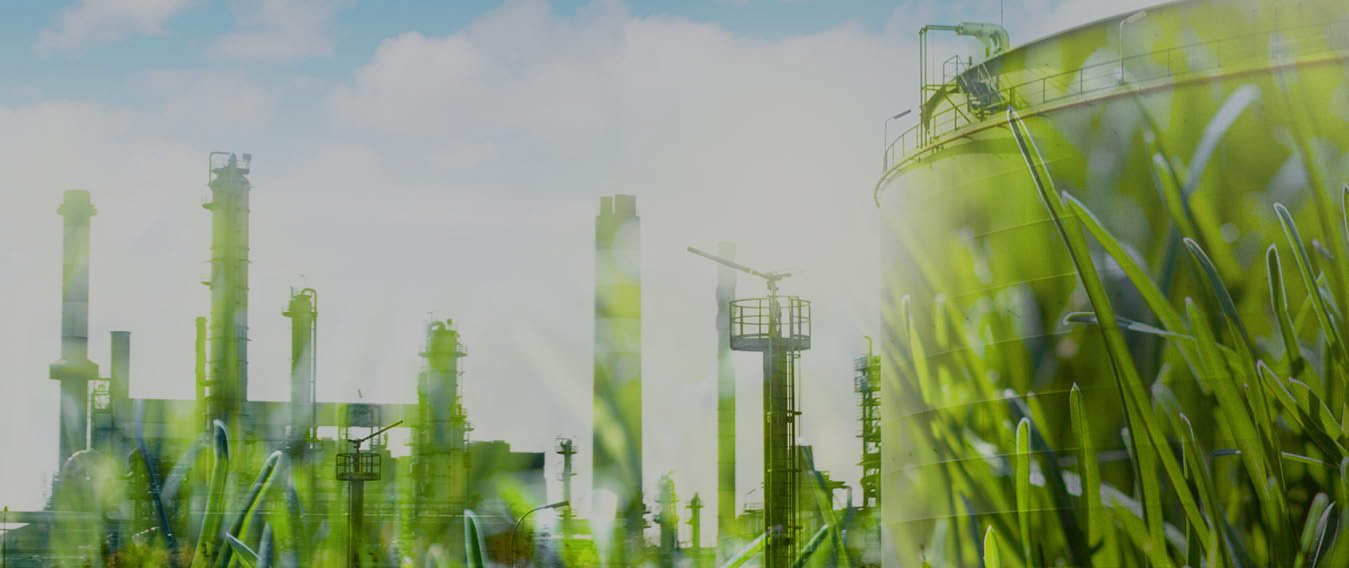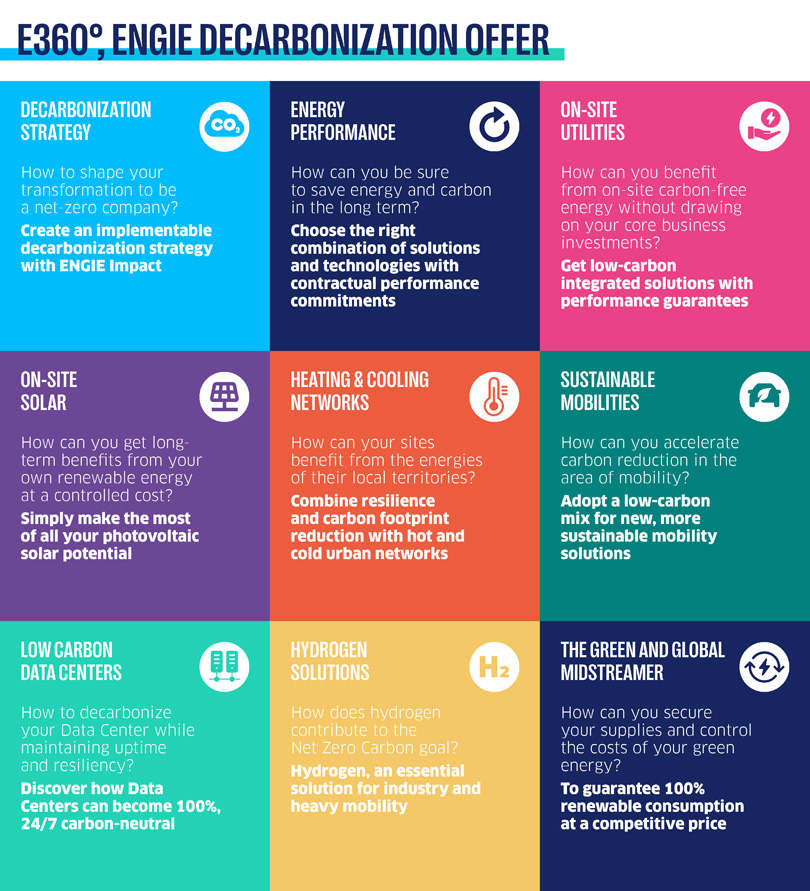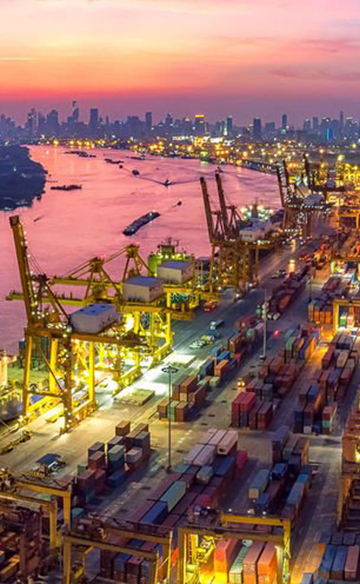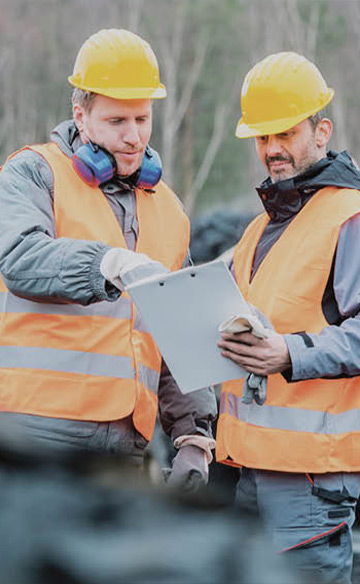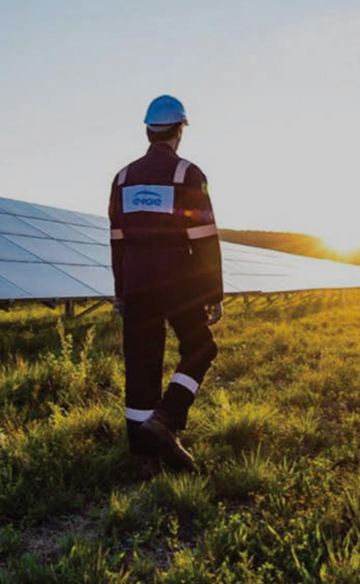How do we make decarbonization happen?
A precise roadmap, strategies to reduce energy consumption, solutions to decarbonize industrial production and service-sector sites, etc. Discover ENGIE's 360° decarbonization offer.
According to scientists, humanity only has three years to ensure we have a world we can live in. The aim is to decarbonize human activities. But what does this mean exactly? What goals have been set in this respect? And practically speaking, how do we go about decarbonizing? Read more
